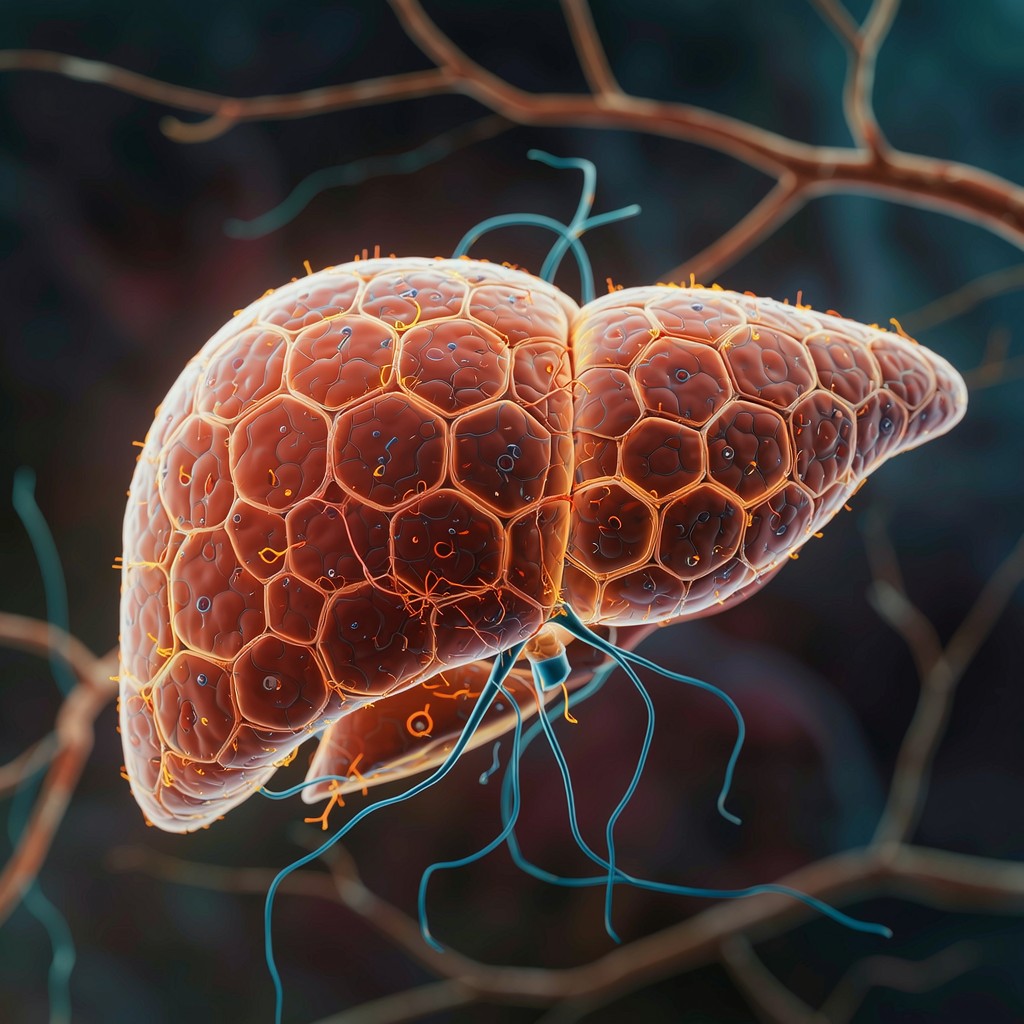
A multidisciplinary team from the Biogipuzkoa Health Research Institute, the Department of Health and Osakidetza, in collaboration with the University of the Basque Country (EHU), has developed and patented a new chemotherapy formula that has shown remarkable effectiveness against an aggressive type of liver cancer with a very poor prognosis, known as cholangiocarcinoma.
The study, recently published in the prestigious Journal of Hepatology, opens up new therapeutic possibilities not only for the treatment of cholangiocarcinoma, but also for other solid tumors that are resistant to conventional oncological treatments.
A new alternative against cancer
Cholangiocarcinoma encompasses a heterogeneous group of tumors that develop in the bile ducts. Although considered a rare disease, its incidence has increased worldwide in recent decades. It is the second most common type of liver cancer and, because it is often diagnosed at advanced stages, therapeutic options are limited and mostly palliative, largely due to the high level of chemoresistance these tumors present.
In this context, this new chemotherapeutic formula emerges as a promising alternative. This compound has demonstrated a remarkable ability to reduce the survival of human tumor cells and slow tumor growth in animal models, even in cases where the disease no longer responds to conventional treatments.
Furthermore, preclinical studies carried out to date support its safety profile, as no toxic effects have been observed at therapeutic doses. “Our compounds represent a new therapeutic avenue with great potential in the fight against cancer. Their ability to overcome resistance to current treatments could be especially relevant for patients without effective alternatives,” emphasized Dr. Jesús Bañales, head of the Liver Diseases Group at Biogipuzkoa, and Dr. Fernando Cossío, coordinators of the study.
This finding highlights the potential of this solution as a promising therapy for future stages of clinical development, with the hope that it may soon be evaluated in clinical trials in patients.
The research, led by biomedical researcher Dr. Irene Olaizola and Ikerbasque researcher and head of the Liver Diseases Group at Biogipuzkoa, Dr. Jesús Bañales; together with Professor of Organic Chemistry at EHU and Scientific Director of Ikerbasque, Dr. Fernando Cossío, was funded by the Department of Health of the Basque Government, the Ikerbasque Foundation, the Carlos III Health Institute, and CIBERehd. Researchers from national and international centers also took part, including the Donostia International Physics Center (DIPC) and the University of Glasgow (United Kingdom), as well as the University of Salamanca as part of the intra-CIBERehd consortium.
.png)
